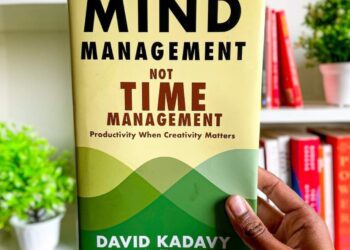
In the pursuit of knowledge, wisdom, and a fulfilling life, a profound realization dawns: “Awareness of ignorance is the beginning of wisdom.” This timeless wisdom, often attributed to the ancient Greek philosopher Socrates, serves as a guiding light in our journey of self-discovery. In this blog post, we delve into the profound implications of this quote and explore how acknowledging our limitations can be the catalyst for personal growth and enlightenment.
Introduction: The Power of Self-Reflection
Socrates, one of the founding figures of Western philosophy, recognized that true wisdom lies not in the possession of knowledge but in the acknowledgment of one’s ignorance. The journey to wisdom begins with self-awareness, a deep realization that there is so much we do not know. This humility forms the foundation for intellectual and moral growth.
Embracing the Unknown
To embark on the path to wisdom, we must embrace the vast expanse of the unknown. It’s essential to accept that our understanding is limited and that there are countless facets of existence waiting to be explored. The willingness to admit that we don’t have all the answers is the first step toward enlightenment.
The Pursuit of Knowledge
The quest for wisdom is closely intertwined with the pursuit of knowledge. By recognizing our ignorance, we become more open to learning and growth. Every question we ask, every book we read, and every new experience we embrace becomes a step toward expanding our understanding of the world.
Challenging Assumptions
Socrates was renowned for his dialectical method, a process of asking probing questions to challenge assumptions and stimulate critical thinking. By acknowledging our ignorance, we develop a sense of curiosity that encourages us to question, evaluate, and refine our beliefs. It is in this process of continuous examination that we uncover deeper truths and insights.
The Humility of Wisdom
Wisdom is marked by humility, a quality born of understanding our own limitations. When we acknowledge our ignorance, we become more empathetic and open-minded. We listen actively, respect differing viewpoints, and treat others with kindness and respect, knowing that each person carries their unique perspective and wisdom.
Facing Challenges
The journey to wisdom is not without its challenges. Confronting our ignorance can be uncomfortable, as it forces us to reevaluate our beliefs and make room for growth. However, these challenges are the crucible in which wisdom is forged. When we confront our ignorance, we become resilient, adaptable, and better equipped to navigate life’s complexities.
Conclusion: The Never-Ending Quest
Socrates’ timeless insight that “awareness of ignorance is the beginning of wisdom” serves as an enduring reminder that our journey to enlightenment is a never-ending quest. By embracing our limitations and acknowledging the vast unknown, we open ourselves up to the boundless potential for growth, understanding, and the pursuit of a more fulfilling life.


















